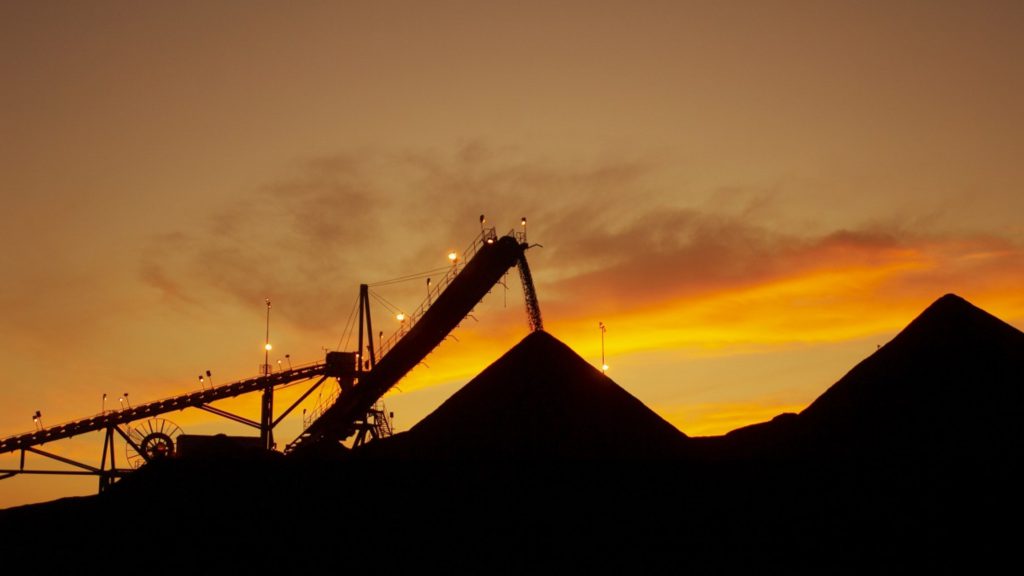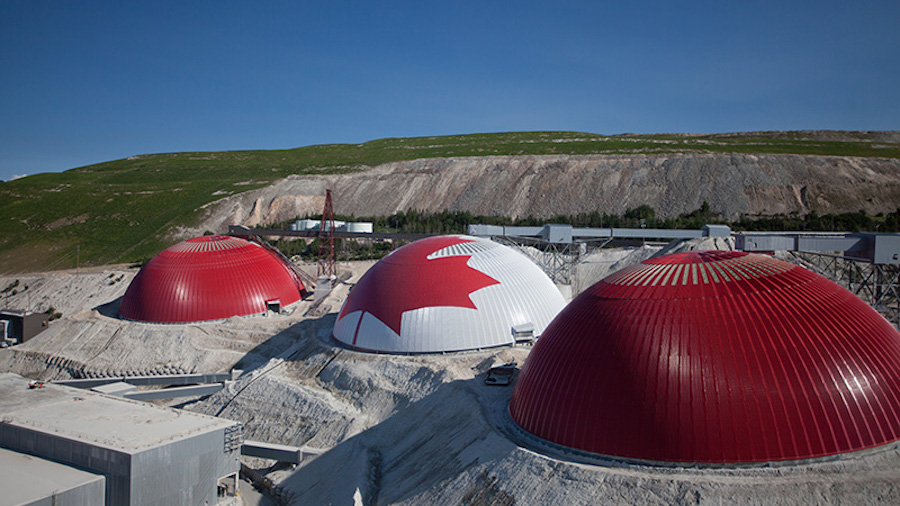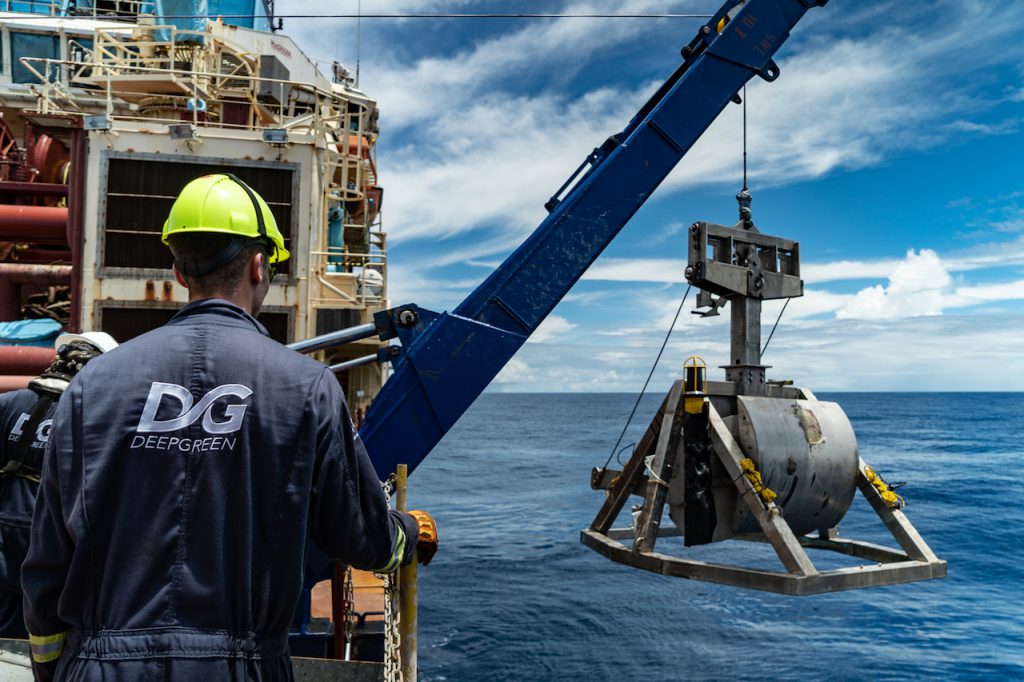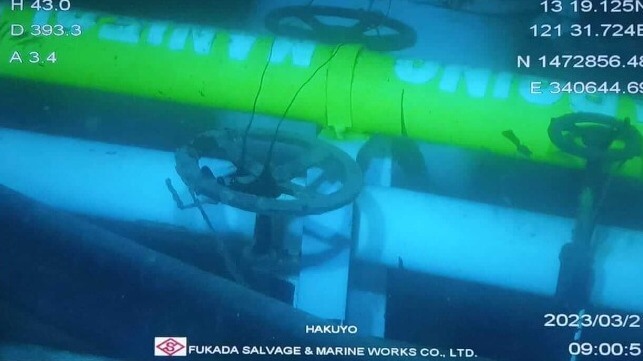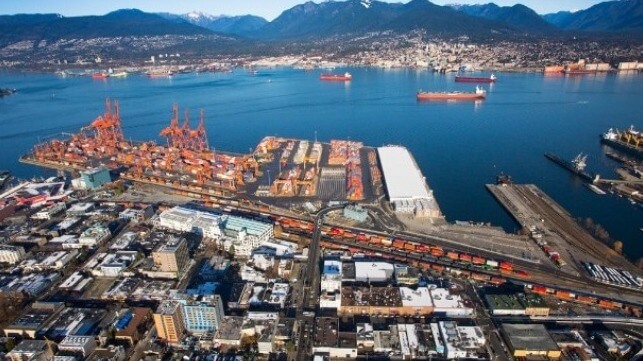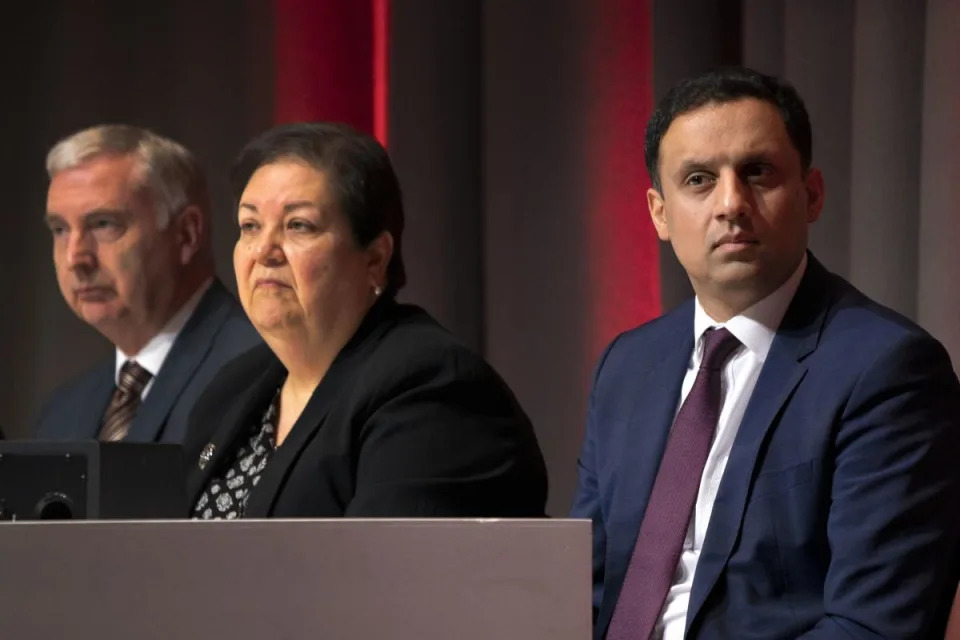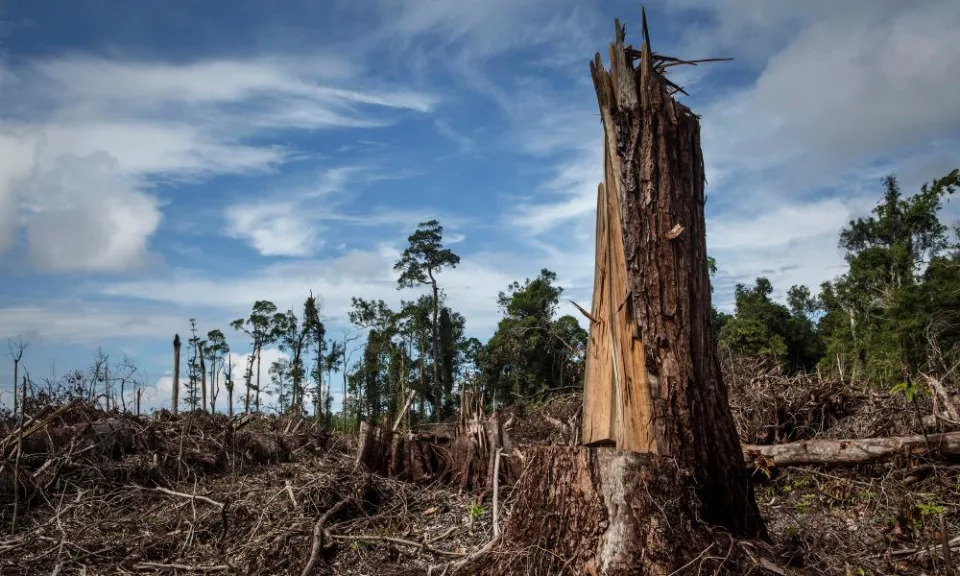Bloomberg News | March 30, 2023 |
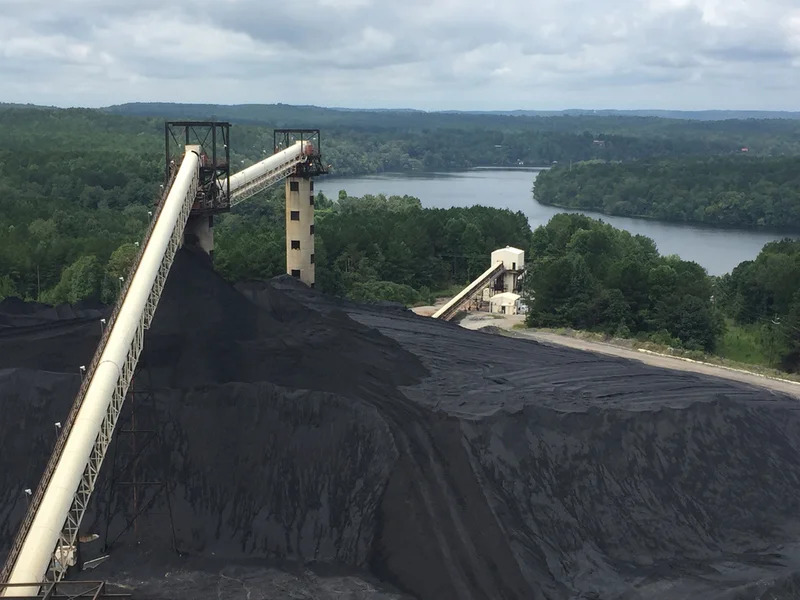
Shoal Creek coal mine. Credit: Peabody Energy
Peabody Energy Corp., the top US coal producer, shut operations at an Alabama mine following a fire Wednesday with no estimate of when it will reopen.

The Shoal Creek Mine, about 35 miles (56 kilometers) west of Birmingham, is the company’s lone producer of metallurgical coal for export in the US. It is an underground mine that generated about 800,000 tons of coal last year for steelmaking, accounting for a little more than one-tenth of the company’s total met coal exports, according to filings.

Peabody didn’t provide estimates of the fire’s impact on the mine or on its overall operations and didn’t respond to emailed questions. The Mine Safety and Health Administration is investigating, the company said in a statement. Shoal Creek employs 419 workers, all of whom were safely evacuated.
The mine will be shut while the fire is under investigation, said Andrew Blumenfeld, an analyst at McCloskey by Opis. If the cause is easily identified, it could be open within days, Blumenfeld said. But if the investigation is more complicated, the site could be closed for months.
“That’s not atypical with mine fires,” he said.
Met coal for making steel is higher quality than coal for power plants and typically commands a significantly higher price. The fire comes as Peabody is pushing to expand its seaborne metallurgical operations, including by starting redevelopment efforts at the North Goonyella mine in Australia, which has been closed since a 2018 fire.
Peabody said when firefighters evacuated the Shoal Creek mine, they reported no flames were visible. Fires in underground coal mines are notoriously hard to fight because firefighting operations are more challenging underground and because the coal provides fuel for the blaze.
Peabody’s shares were down 2.7% in late trading in New York.
(By Mark Chediak and Will Wade)
